Resources
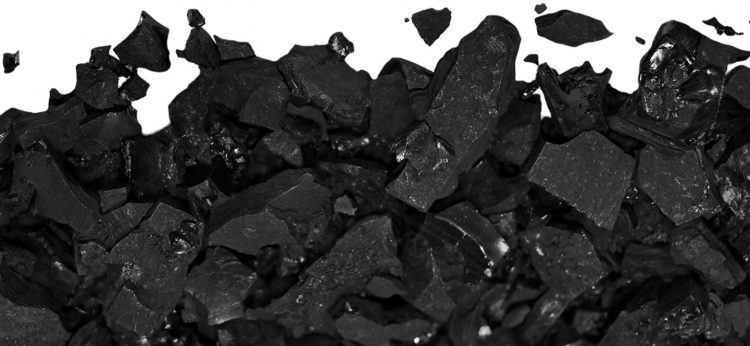
Alberta’s Coal Phase-Out: A Just Transition?
This report evaluates Alberta’s accelerated phase-out of coal-fired electricity against principles and lessons gleaned from the just transition literature. In November 2015, Alberta Premier Rachel Notley’s NDP government announced its Climate Leadership Plan, which aimed to accelerate the transition away from coal power toward natural gas and renewable electricity generation. The plan also included a …
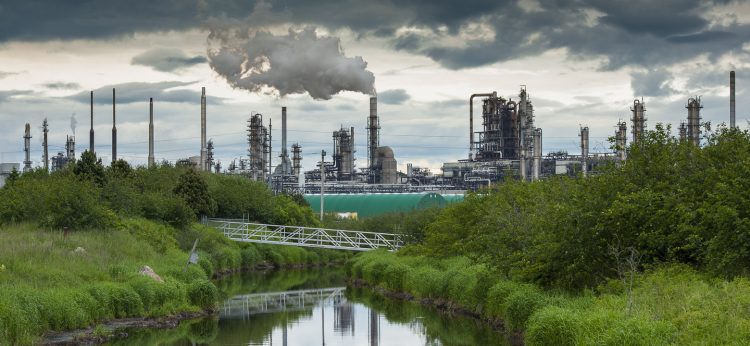
Fossil Futures: The Canada Pension Plan’s Failure to Respect the 1.5-Degree Celsius Limit
The Canada Pension Plan Investment Board (CPPIB) manages one of the country’s largest pools of investment capital at over $400 billion. How pension funds choose to invest has significant bearing on how we collectively address the climate emergency and the needed energy transition away from fossil fuels. This report asks if the CPPIB is investing …
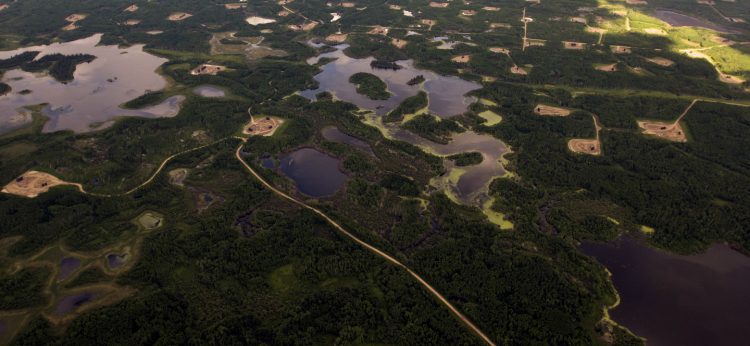
Map of Saskatchewan oil & gas industry spills
Please allow time for the map to load. Best viewed in full screen. This map shows oil and gas industry spills reported to the Saskatchewan Ministry of Energy and Resources, Sask Environment and the Transportation Safety Board of Canada from Jan. 1, 2000 to Dec. 31, 2018, a period that included the height of Saskatchewan’s …

Big Oil’s Political Reach: Mapping fossil fuel lobbying from Harper to Trudeau
In Canada between 2011 and 2018 the fossil fuel industry was one of the most active industry groups lobbying the federal government with over six contacts per working day made with government officials. During this period, the intensity of lobbying increased when salient policy issues—like the Environmental Assessment Act—arose or when there were big stakes …

Indigenous Gendered Experiences of Work in an Oil-Dependent, Rural Alberta Community
Alberta’s oil sands industry is often touted as driving the economy of both the province and Canada as a whole. However, Indigenous people in the oil sands region do not necessarily reap the benefits of the industry due to limited land rights, limited access to economic development, and marginalization in the labour market. While there …

Image: Whose voices are missing from pipeline debates?
“Fossil fuel proponents often claim their support for the industry is connected to the needs and interests of energy workers—and our news media repeat and reinforce this claim, bringing it to the fore of public and political debates. But largely absent are the voices of actual workers and their unions; in the news media, their …
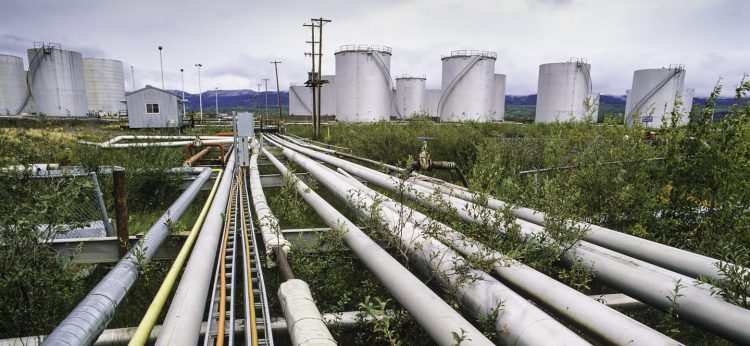
Jobs vs the Environment? Mainstream and alternative media coverage of pipeline controversies
Much of the argument advanced in support of expanding Canada’s fossil fuel production centres on job creation and economic benefits. Politicians, pundits and corporate spokespeople who support fossil fuel infrastructure projects—such as new oil and gas pipelines—often evoke this rhetoric when they appear in the media. This study examines how the press—including corporate and alternative …

Boom, Bust, and Consolidation: Corporate Restructuring in the Alberta Oil Sands
This report analyzes the economics of the five largest bitumen extractive corporations in Canada. The “Big Five” are Suncor Energy, Canadian Natural Resources Limited (CNRL), Cenovus Energy, Imperial Oil, and Husky Energy. The report examines the key features of the five firms and analyze their accumulation dynamics in the context of the latest commodity cycle: …
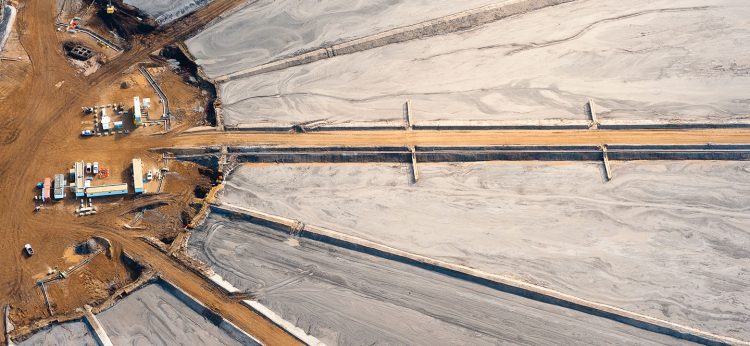
Who owns Canada’s fossil-fuel sector? Mapping the network of ownership and control
This study shows that substantial ownership and strategic control over Canada’s fossil-fuel sector are in the hands of a few major players, including all the Canadian big banks and several US investment funds, governments and some wealthy families—many of which are located outside Canada. And, these investors have high stakes in maintaining business as usual …
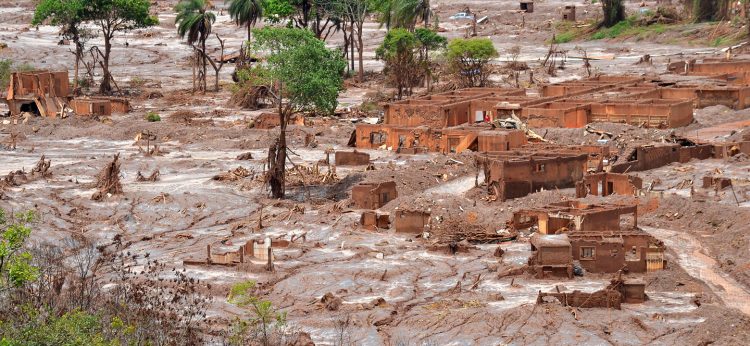
Tailings dam spills at Mount Polley and Mariana: Chronicles of disasters foretold
Leia a versão em português This paper explores the many parallels between the tailings dam spills at the Mount Polley mine in British Columbia (BC), Canada, and the Samarco mine in Mariana, Minas Gerais, Brazil. The Mount Polley disaster took place in August 2014, when the dam holding toxic waste from the copper and gold …
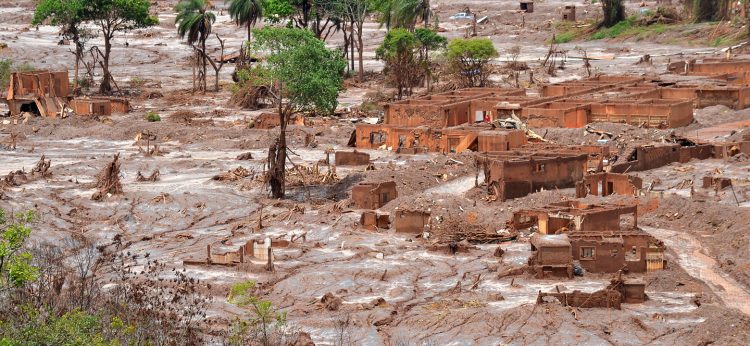
Rompimentos de barragens de rejeito em Mount Polley e Mariana: Crônicas de desastres anunciados
Visit English version Este texto explora os paralelos entre os rompimentos das barragens de rejeito da mina de Mount Polley na Colúmbia Britânica, Canadá, e da mina da Samarco em Mariana, Minas Gerais, Brasil. O desastre de Mount Polley ocorreu em agosto de 2014, quando uma barragem que continha rejeitos tóxicos de mineração de cobre e …
Image: What do the two largest mining disasters in Canada’s and Brazil’s histories have in common?
The Mount Polley disaster took place in August 2014, when the dam holding toxic waste from the copper and gold mine collapsed, creating the largest environmental disaster in Canada’s mining history. In November of the following year, the largest mine disaster in Latin American history took place in Mariana, Brazil, when an even larger …





